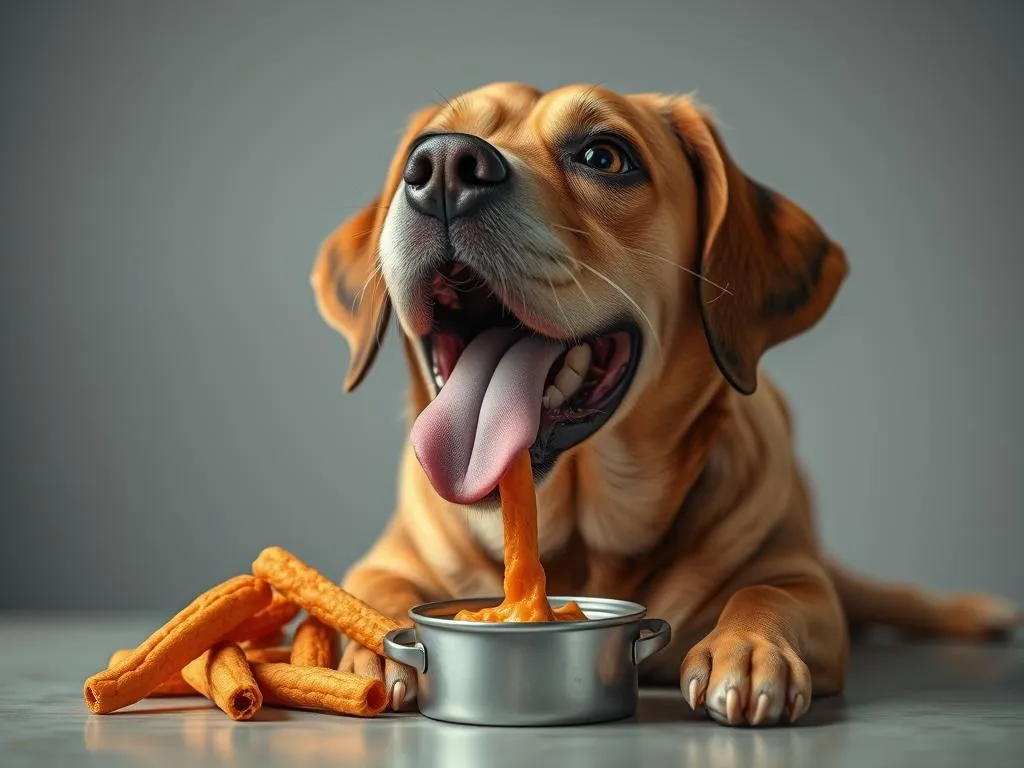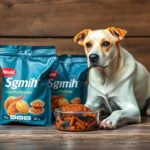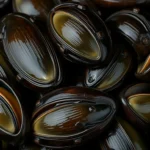
Introduction
When it comes to our furry companions, understanding dog nutrition is vital for their health and well-being. Just like humans, dogs require a balanced diet to thrive, and it’s crucial for pet owners to be aware of what foods are safe and beneficial for their pets. One question that often arises is, can dogs eat Cheetos? This seemingly innocent snack raises concerns among dog owners about its suitability for canine consumption.
This article will delve into the world of dog nutrition, specifically addressing the potential effects of Cheetos on dogs. We’ll explore the nutritional needs of dogs, the risks associated with feeding them human foods, and provide recommendations for healthier treats. By the end, you’ll have a clearer understanding of how to nourish your dog while keeping their health front and center.
Understanding Dog Nutrition
Basic Nutritional Needs of Dogs
To ensure your dog leads a healthy life, it’s essential to understand their basic nutritional needs. Dogs require three primary macronutrients:
- Proteins: Essential for growth, tissue repair, and overall health.
- Fats: Provide energy and support skin and coat health.
- Carbohydrates: Serve as a source of energy and aid in digestion.
In addition to macronutrients, dogs need micronutrients such as vitamins and minerals for various bodily functions. These nutrients help in processes like immune function, bone health, and cell repair.
Don’t forget about water! It plays a crucial role in hydration and digestion. Always ensure your dog has access to fresh and clean water.
Common Dog Dietary Requirements
Dog nutrition varies according to several factors, including age, breed, and weight. Here’s a breakdown:
- Puppies: Require a diet rich in proteins and fats to support their rapid growth and development.
- Adults: Need a balanced diet to maintain their health and energy levels.
- Seniors: May benefit from diets lower in calories and higher in fiber to support their aging bodies.
Furthermore, certain breeds may have specific nutritional needs due to their size, activity levels, or predisposition to certain health issues. Weight management is also critical, as obesity can lead to various health problems, necessitating dietary adjustments.
Human Foods and Dogs
Safe Human Foods for Dogs
Not all human foods are harmful to dogs. In fact, many common foods can be beneficial. Here’s a list of safe options:
- Carrots: Low in calories and high in fiber, they are great for dental health.
- Peanut Butter: A good source of protein and healthy fats (ensure it’s xylitol-free).
- Pumpkin: Excellent for digestion and full of vitamins.
- Cooked Chicken: A lean protein source that dogs often enjoy.
- Apples: Rich in vitamins A and C, and they provide dietary fiber.
These foods can serve as healthy snacks or supplements to your dog’s diet, contributing to their overall nutrition.
Dangerous Human Foods for Dogs
On the flip side, several human foods can be toxic to dogs. Here’s a list of some of the most dangerous:
- Chocolate: Contains theobromine, which is toxic to dogs.
- Grapes and Raisins: Can cause kidney failure in dogs.
- Onions and Garlic: Can damage red blood cells, leading to anemia.
- Avocado: Contains persin, which can be harmful in large amounts.
Understanding the potential risks associated with these foods is essential for keeping your dog safe and healthy.
Can Dogs Eat Cheetos?
Ingredients in Cheetos
Now, let’s address the main question: can dogs eat Cheetos? To answer this, we must first look at the ingredients typically found in Cheetos:
- Cornmeal: The primary ingredient, which is not harmful in moderation but lacks significant nutritional value for dogs.
- Cheese: While not toxic, many dogs are lactose intolerant, leading to digestive issues.
- Salt: High levels can lead to sodium ion poisoning and other health issues.
- Artificial Flavors and Colors: These can cause allergic reactions in some dogs.
None of these ingredients are outright toxic to dogs, but they do raise concerns regarding their overall health.
Nutritional Value of Cheetos
When analyzing the nutritional value of Cheetos, it’s crucial to consider their caloric content and nutritional breakdown:
- Calories: Cheetos are calorie-dense and provide little nutritional benefit.
- Fats: High in unhealthy fats, which can lead to weight gain and obesity.
- Sodium: High in salt, which poses risks of dehydration and kidney problems.
In comparison to recommended dog treats, Cheetos fail to provide the balanced nutrition that dogs need. Dog treats are often designed to be healthy and beneficial, providing essential nutrients that Cheetos simply do not.
Potential Risks of Feeding Cheetos to Dogs
Feeding Cheetos to dogs can lead to several potential risks, both short-term and long-term:
- Short-term Effects: Dogs may experience digestive issues, including diarrhea or vomiting, especially if they consume a significant amount.
- Allergic Reactions: Some dogs may have allergies to the ingredients, leading to skin irritations or other health concerns.
- Long-term Effects: Regular consumption of Cheetos can contribute to obesity due to their high fat and caloric content, leading to further health problems such as diabetes, heart disease, and joint issues.
Expert Opinions on Dogs Eating Cheetos
Veterinarians generally advise against feeding Cheetos to dogs. While they may not be immediately harmful, the risks associated with their ingredients and nutritional profile outweigh any potential enjoyment your dog might experience. Experts recommend focusing on healthy, dog-specific treats that provide nutritional benefits without the added risks.
Alternatives to Cheetos for Dogs
Healthy Snack Options
Instead of reaching for a bag of Cheetos, consider these healthy snack alternatives for your dog:
- Carrots: Crunchy and low in calories.
- Green Beans: A great source of vitamins and low in calories.
- Sweet Potatoes: Packed with fiber and vitamins.
- Commercial Dog Treats: Opt for high-quality, vet-recommended treats that offer nutritional benefits.
Choosing healthier options for your dog not only ensures they receive the nutrients they need but also supports their overall health.
Homemade Dog Treat Recipes
If you enjoy cooking, why not whip up some homemade dog treats? Here are a couple of simple recipes:
Peanut Butter and Banana Biscuits
– Ingredients: 1 ripe banana, 1 cup peanut butter (xylitol-free), 2 cups whole wheat flour, 1/4 cup water.
– Instructions: Preheat oven to 350°F. Mash the banana, mix in peanut butter, flour, and water until a dough forms. Roll out and cut into shapes. Bake for 20 minutes.
Pumpkin Dog Treats
– Ingredients: 1 cup pumpkin puree, 2 cups whole wheat flour, 1 egg, 1/2 teaspoon cinnamon.
– Instructions: Preheat oven to 350°F. Mix all ingredients until a dough forms. Roll out and cut into shapes. Bake for 25 minutes.
These treats are not only easy to make but also provide a great way to ensure nutritional balance for your furry friend.
Conclusion
Understanding dog nutrition is essential for ensuring the health and happiness of your pet. While the question of can dogs eat Cheetos might seem trivial, it highlights the broader issue of what constitutes a healthy diet for dogs.
Feeding your dog a balanced diet, rich in appropriate nutrients, is crucial for their long-term health. Instead of reaching for snacks like Cheetos, consider healthier alternatives that provide nutritional benefits and avoid potential health risks. Always consult with your veterinarian for personalized dietary advice tailored to your dog’s specific needs.
By being informed and making conscious dietary choices, you can contribute to your dog’s well-being and help them lead a happy and healthy life.









